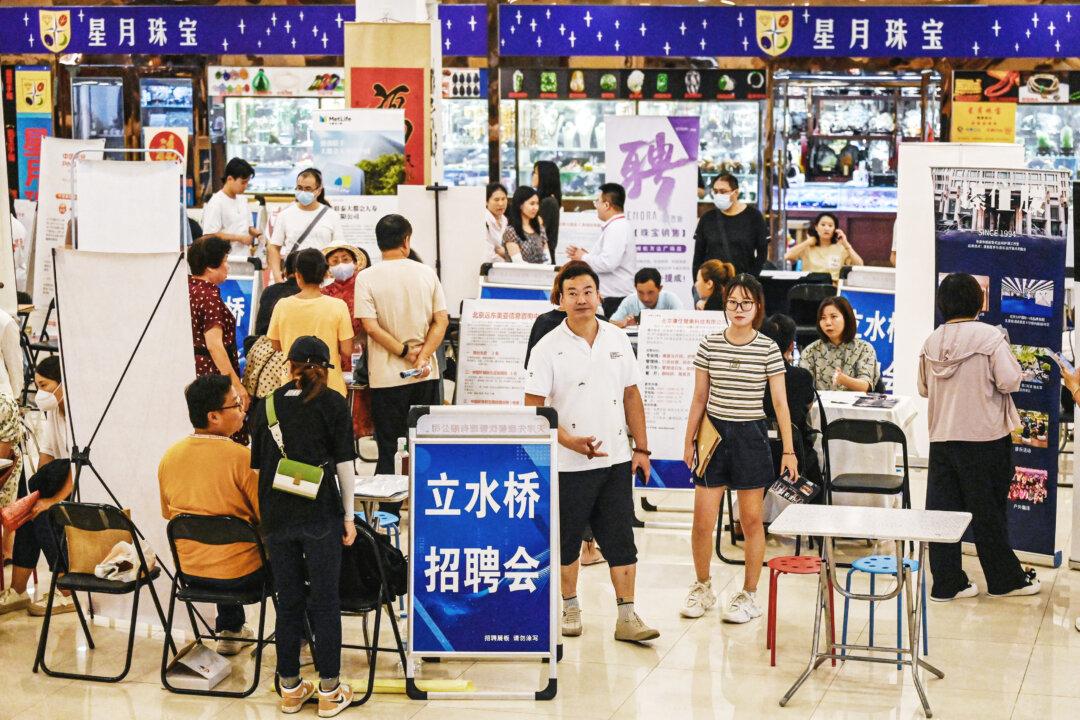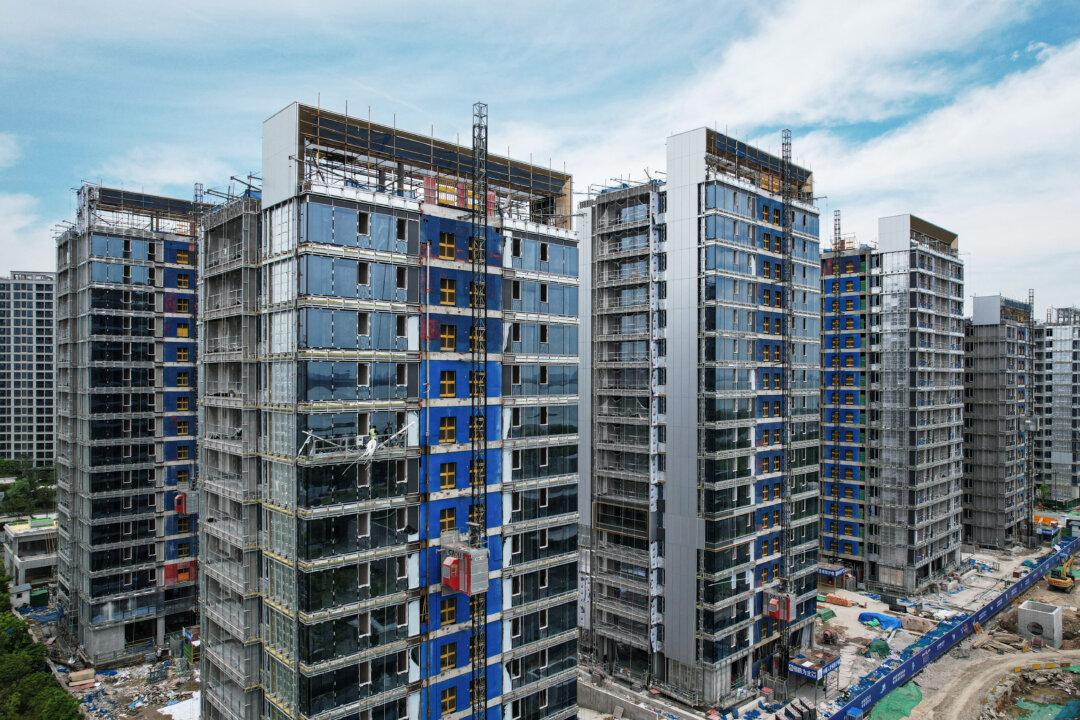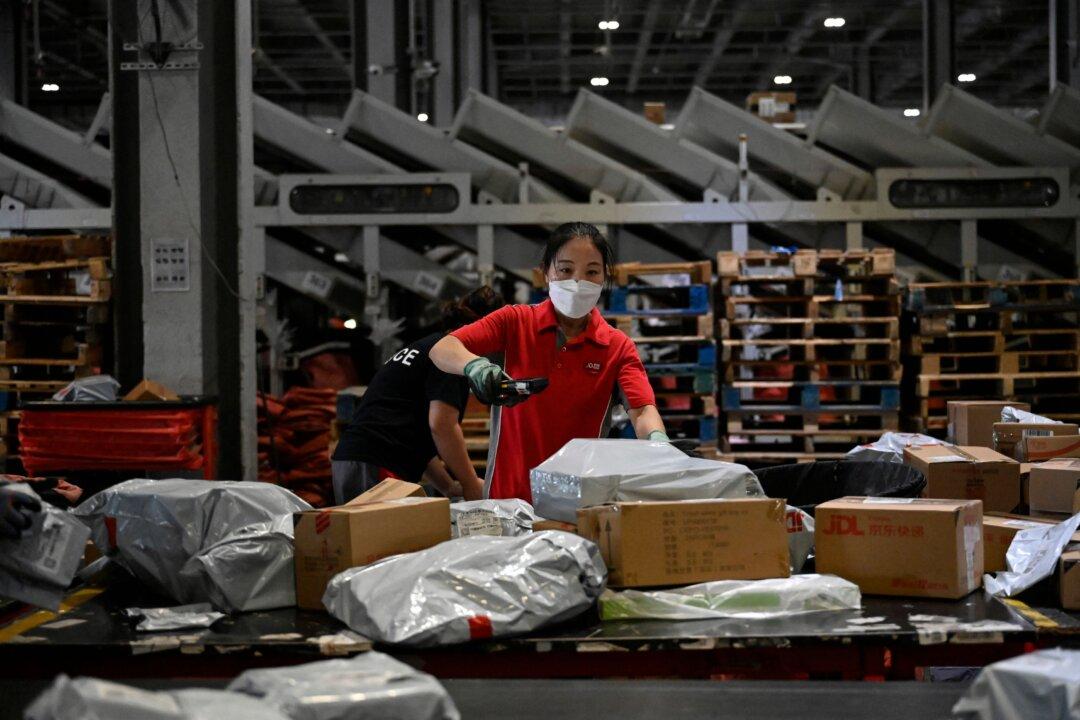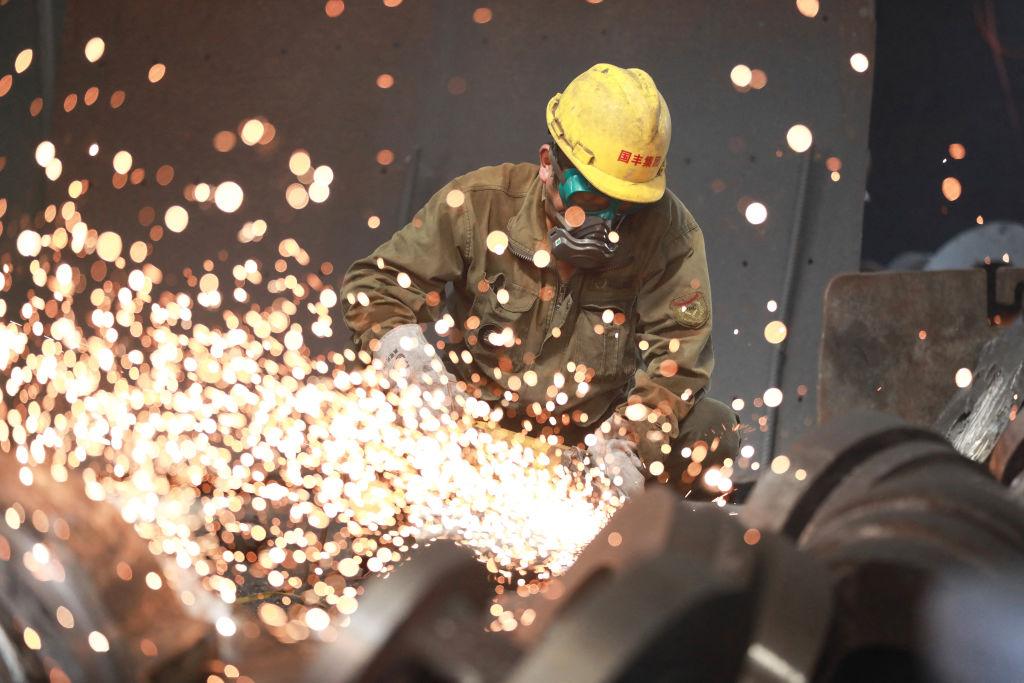During Chinese leader Xi Xinping’s new year’s message on Sunday, he stated, in a rare acknowledgement, that China’s economy is facing challenges and that he is committed to stepping up reforms. Meanwhile, believe analysts, a slowing economy and policy shifts will continue to hurt the world’s second-largest economy across in 2024.
Worse, after a rocky 2023, China enters the new year on a shaky ground with deep-seated structural problems that are not easy to solve, the anaysts add.





